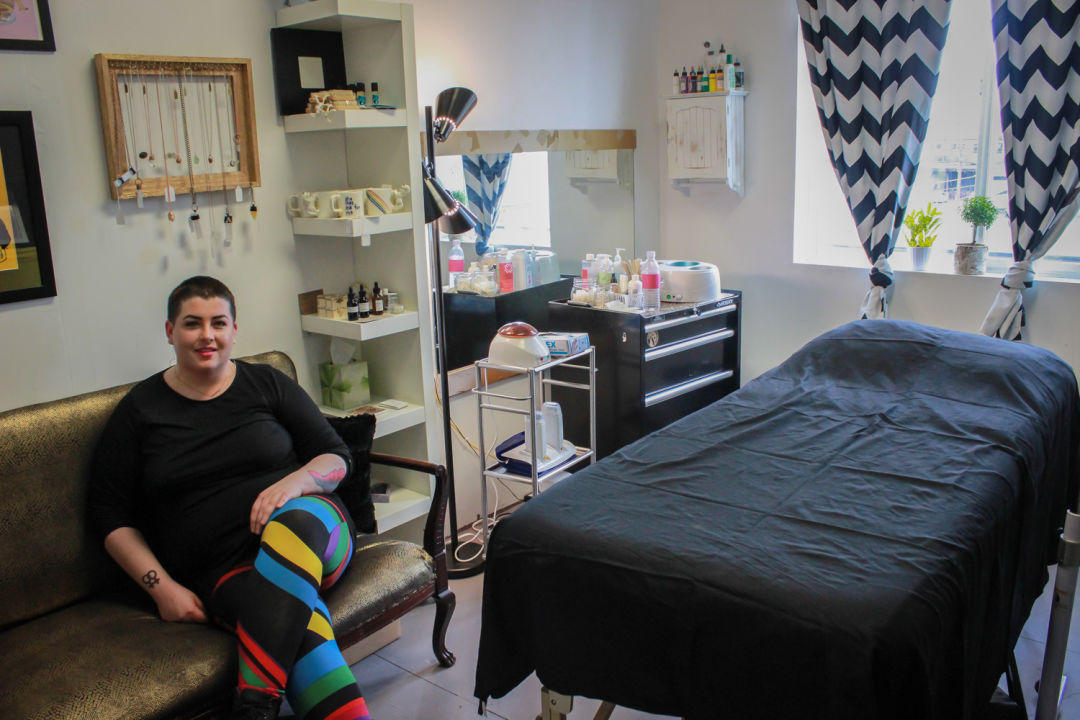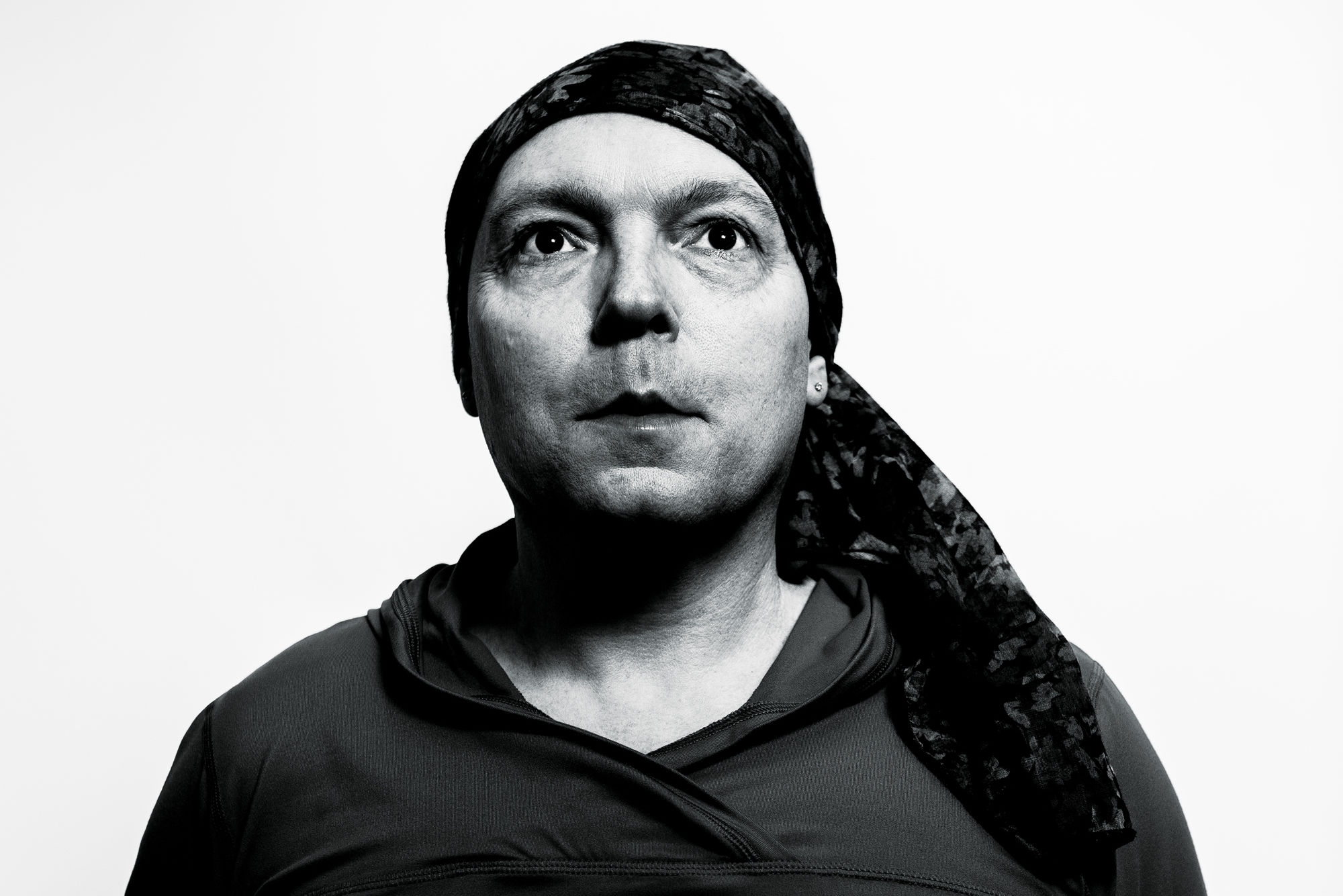A Local Waxing Salon Is Raising Funds to Help Transgender Portlanders

Mads Ambrose, owner of Babe Wax.
Image: Molly Woodstock
When body-positive waxing salon Babe Wax opened in late 2015, owner Mads Ambrose made a point to welcome clients of all genders, sexualities, income levels, and walks of life. It worked: These days, transgender and nonbinary folks comprise roughly one-third of Babe Wax's clientele.
While most salons direct their marketing campaigns at wealthy cisgender women, feminine trans folks arguably have the most to gain from waxing services. For many transgender women and femmes, waxing alleviates gender dysphoria and mental distress triggered by body hair.
“Being able to have control over my aesthetic has been a huge part of my transition,” Babe Wax client Sasha Eve explains in a blog post. “Waxing has allowed me to feel more secure over my image, and eliminate a lot of dysphoria.”
Body hair removal can also help transwomen avoid harassment and discrimination. “Trans women and trans-feminine people are murdered just for existing, and many struggle with suicide on top of employment and housing discrimination,” Ambrose explains. “Body hair removal can literally be life saving.”
Unfortunately, according to a 2015 survey, nearly 30 percent of transgender Americans live in poverty, making it difficult for many to afford waxing treatments. To address this, Ambrose created WaxFund, a pay-it-forward system that funds waxes for low-income transgender Portlanders. WaxFund currently has about 20 applicants; each month, Ambrose randomly selects 2-5 people—the number fluctuates based on monthly donations—to receive services and aftercare kits. Donations can be made online via PayPal, through apps like Square Cash and Venmo, or in person while purchasing Babe Wax services.
“If the government will not protect or support marginalized and oppressed peoples, communities need to show up,” says Ambrose. “Knowing that the funds are mostly created by [Portlanders], trans people can not only receive the benefits of waxing, but the knowledge that their city supports them. It is terrifying times, and these small gestures can make a big difference.”




